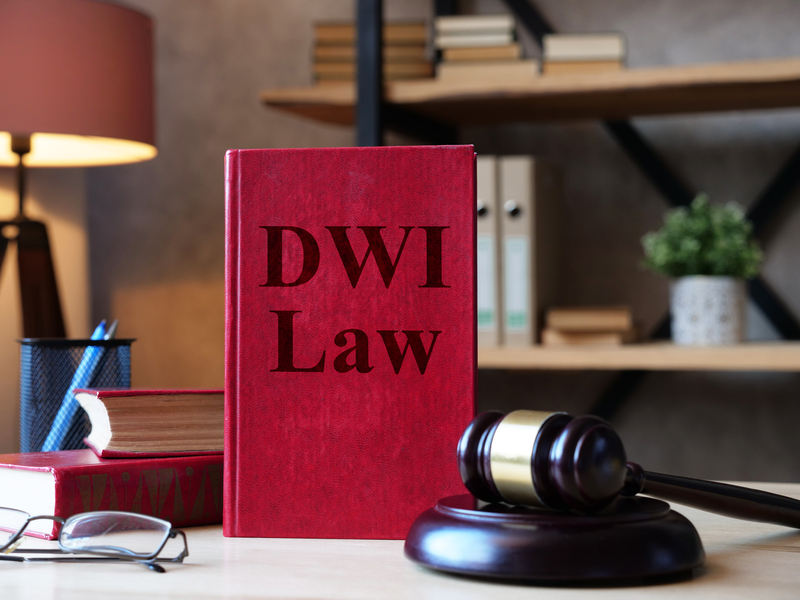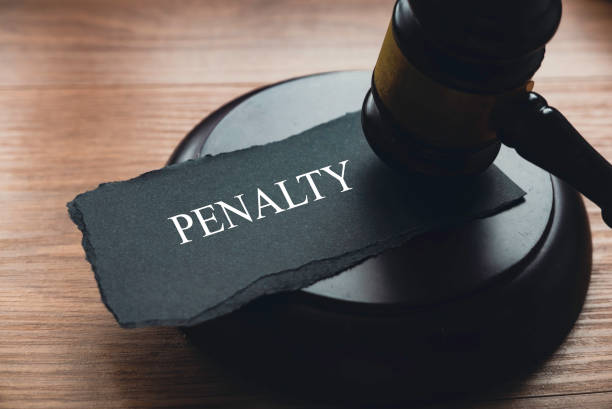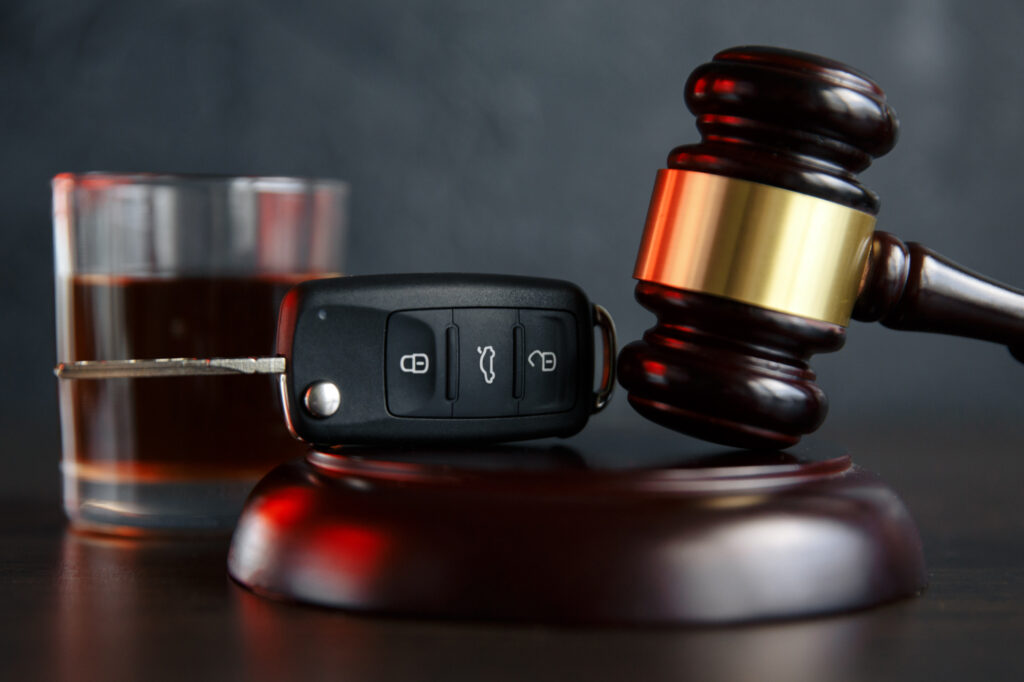Understanding DWI Penalties in Texas
In Texas, DWI penalties can vary significantly based on the circumstances of the offense, including prior convictions and blood alcohol concentration (BAC) levels. A first-time DWI offense may result in fines, license suspension, and even jail time, while subsequent offenses carry more severe penalties, including longer jail sentences and higher fines.
For example, a first DWI conviction can lead to a fine of up to $2,000, a jail sentence of up to 180 days, and a license suspension for up to a year. In contrast, a second DWI conviction can result in fines of up to $4,000 and a jail sentence of up to one year. Understanding these penalties is crucial for anyone facing DWI charges, as it can influence their legal strategy and potential outcomes.
Defenses Against DWI Charges
When facing DWI charges, various defenses can be employed to challenge the prosecution's case. Common defenses include questioning the legality of the traffic stop, challenging the accuracy of breathalyzer tests, and demonstrating that the individual was not impaired at the time of arrest.
For instance, if the arresting officer did not have probable cause to pull over the driver, any evidence gathered during the stop may be deemed inadmissible in court. Similarly, if the breathalyzer test was improperly administered or maintained, it could lead to a dismissal of the charges. Consulting with an experienced DWI attorney can help identify the most effective defense strategies based on the specific details of the case.
Impact of DWI Convictions on Employment
A DWI conviction can have significant repercussions on an individual's employment opportunities and professional reputation. Many employers conduct background checks, and a DWI on one's record can raise red flags, potentially hindering job prospects.
Moreover, certain professions, especially those requiring driving or operating heavy machinery, may have stricter policies regarding criminal offenses. For example, commercial drivers may face loss of their commercial driver's license (CDL), which could end their careers in transportation. It is essential for individuals to understand these implications when navigating their DWI cases.
Steps to Take After a DWI Arrest
After being arrested for a DWI, it is crucial to take immediate steps to protect your rights and future. First, consider hiring a qualified DWI attorney who can guide you through the legal process and help build a strong defense.
Additionally, it is important to understand the timeline of your case, including deadlines for requesting hearings and filing appeals. Engaging with support groups or counseling can also be beneficial in managing the emotional and psychological effects of the arrest. Taking proactive steps can significantly influence the outcome of your case and help mitigate the long-term consequences of a DWI charge.
Understanding DWI Penalties in Texas
In Texas, DWI penalties can vary significantly based on the circumstances of the offense, including prior convictions and blood alcohol concentration (BAC) levels. A first-time DWI offense may result in fines, license suspension, and even jail time, while subsequent offenses carry more severe penalties, including longer jail sentences and higher fines.
For example, a first DWI conviction can lead to a fine of up to $2,000, a jail sentence of up to 180 days, and a license suspension for up to a year. In contrast, a second DWI conviction can result in fines of up to $4,000 and a jail sentence of up to one year. Understanding these penalties is crucial for anyone facing DWI charges, as it can influence their legal strategy and potential outcomes.
Defenses Against DWI Charges
When facing DWI charges, various defenses can be employed to challenge the prosecution's case. Common defenses include questioning the legality of the traffic stop, challenging the accuracy of breathalyzer tests, and demonstrating that the individual was not impaired at the time of arrest.
For instance, if the arresting officer did not have probable cause to pull over the driver, any evidence gathered during the stop may be deemed inadmissible in court. Similarly, if the breathalyzer test was improperly administered or maintained, it could lead to a dismissal of the charges. Consulting with an experienced DWI attorney can help identify the most effective defense strategies based on the specific details of the case.
Impact of DWI Convictions on Employment
A DWI conviction can have significant repercussions on an individual's employment opportunities and professional reputation. Many employers conduct background checks, and a DWI on one's record can raise red flags, potentially hindering job prospects.
Moreover, certain professions, especially those requiring driving or operating heavy machinery, may have stricter policies regarding criminal offenses. For example, commercial drivers may face loss of their commercial driver's license (CDL), which could end their careers in transportation. It is essential for individuals to understand these implications when navigating their DWI cases.
Steps to Take After a DWI Arrest
After being arrested for a DWI, it is crucial to take immediate steps to protect your rights and future. First, consider hiring a qualified DWI attorney who can guide you through the legal process and help build a strong defense.
Additionally, it is important to understand the timeline of your case, including deadlines for requesting hearings and filing appeals. Engaging with support groups or counseling can also be beneficial in managing the emotional and psychological effects of the arrest. Taking proactive steps can significantly influence the outcome of your case and help mitigate the long-term consequences of a DWI charge.






